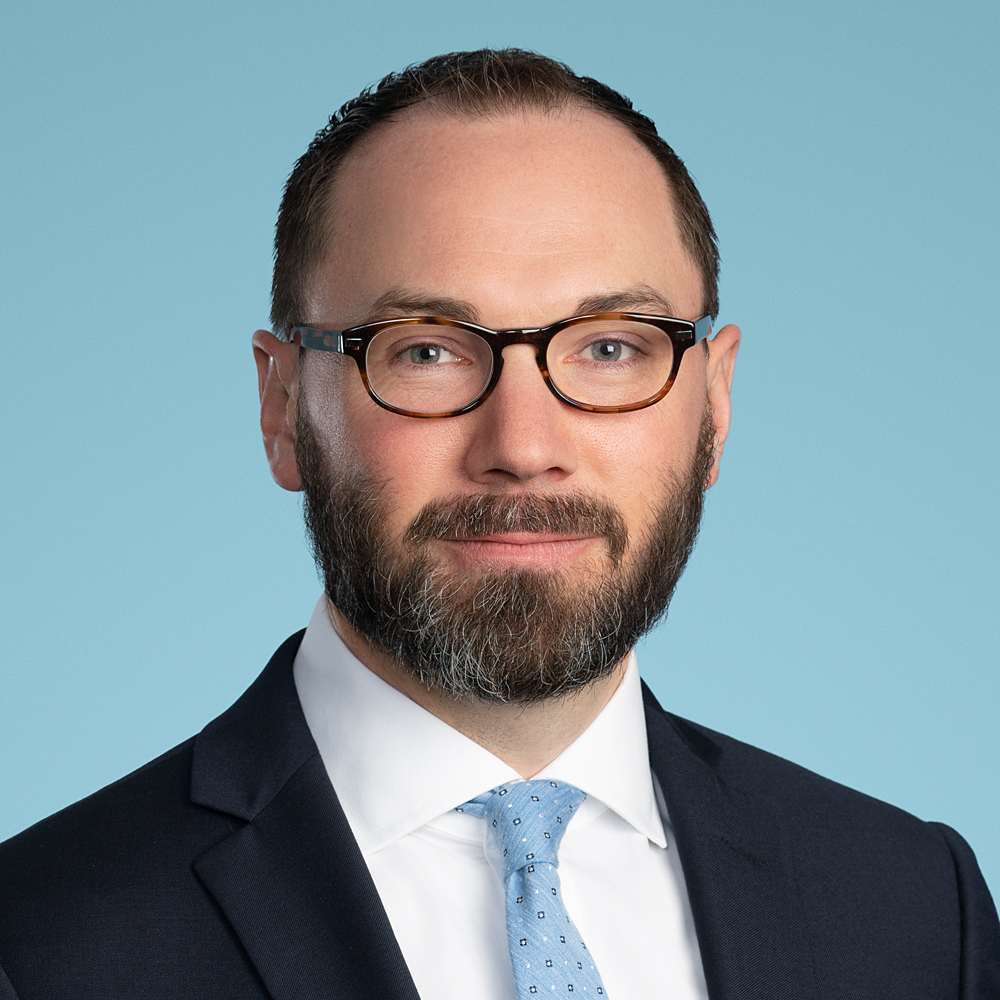Andrew Appleby explains how Florida’s sales tax reliance makes it vulnerable to COVID-19 fallout
By Maria Koklanaris
Law 360
March 27, 2020
Excerpt

At a time when fallout from the COVID-19 pandemic is wreaking havoc on state budgets nationwide, Florida’s approach to tax policy, relying overwhelmingly on the traditional sales tax, has put it in a uniquely precarious position….
Andrew Appleby, tax professor at the Stetson University College of Law, analyzes Florida tax policy with a particular emphasis on how measures such as the 2018 ballot vote and the failure to adopt Wayfair constrain the state from raising revenue. His research has focused on how revenue-raising constraints affect efforts to mitigate climate change in a state that is surrounded by water on three sides, Appleby said, but the research can also be applied to how the state will be able to withstand the COVID-19 pandemic.
“We have a lot of constraints and there are to be costs in the future that are going to be fairly significant,” Appleby said. “We already have the supermajority [ballot measure] and no personal income tax. On top of that, we’re going to have a lot of tax bases eroded very significantly and very quickly.”
Appleby said many states would try to cope with that by ramping up enforcement efforts, as he said he observed during the Great Recession of 2008. But again, he said, not having Wayfair or a marketplace facilitator law is going to leave Florida a lot less to enforce.
“Florida is really at a severe disadvantage,” Appleby said.
This article was originally published on the Law360 website on March 27, 2020, with the headline, “Sales Tax Reliance Makes Fla. Vulnerable To COVID-19 Fallout.”
Post date: March 27, 2020
Media contact: Kate Bradshaw
[email protected] | 727-430-1580